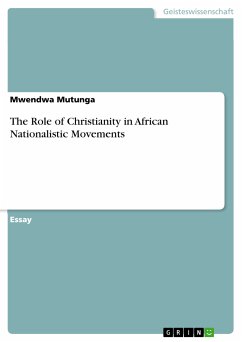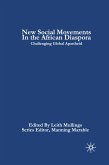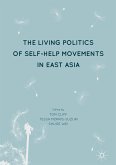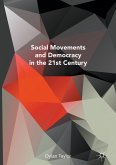Essay aus dem Jahr 2022 im Fachbereich Soziologie - Politische Soziologie, Majoritäten, Minoritäten, , Sprache: Deutsch, Abstract: The catalytic role of the Christianity in developing African nationalism arose from the education that the church schools provided in colonial Africa. In many African colonies, mission schools were the main educational institutions, and the expense of educating Africans was often borne entirely by the missions. In other colonies, the colonial government provided the funding, but the teaching staff and the curriculum were the responsibility of the missions. Mission education had three modest goals: First, to provide the basic literacy that would enable Africans to absorb religious education and training and help in the spread of the Gospel; second, to impart the values of Western society, without which missionaries believed the Africans could not progress; and third, to raise the level of productivity of the African workers (both semiskilled and clerical) without necessarily empowering them sufficiently to challenge colonial rule. Mission education was, generally speaking, inadequate, especially in its emphasis on a religious education that Western society was already finding anachronistic. But, limited or flawed as it might have been, it was enough to whet the appetite of African people for more education and to pique their political consciousness.
Dieser Download kann aus rechtlichen Gründen nur mit Rechnungsadresse in A, B, BG, CY, CZ, D, DK, EW, E, FIN, F, GR, HR, H, IRL, I, LT, L, LR, M, NL, PL, P, R, S, SLO, SK ausgeliefert werden.








